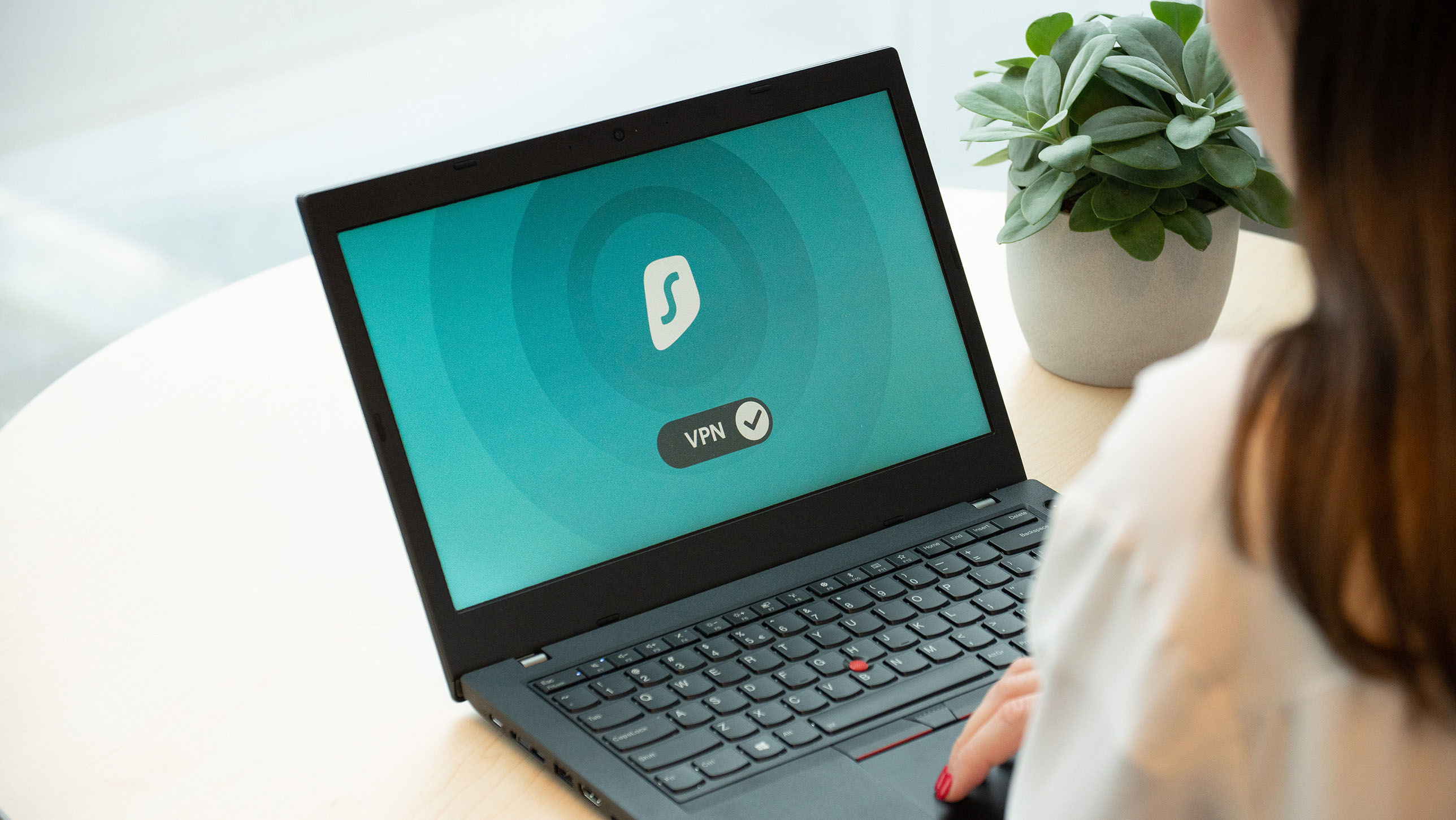Surfshark boosts VPN security by going completely diskless
VPN provider has converted all of its servers to RAM-only for improved security, efficiency and privacy

In an effort to further boost the security of its VPN service, Surfshark has converted all 1810 of its servers across 66 countries to RAM-only profiles.
Moving away from hard drive technology will not only improve the security of the company's infrastructure but it also ensures that no server configuration files are stored locally, enables central management of the whole network and guarantees that the network is always running the latest software and configuration.
By running all of its servers on volatile (RAM) memory, Surfshark can go beyond being a no-log VPN and any information that would normally be stored on its hard drives is completely wiped off automatically whenever a server is turned off.
- These are the best secure VPN providers
- Secure your entire network with the best VPN routers
- We've also put together a list of the best business VPN solutions
Diskless servers
The data stored on server hard drives is mostly operational and is only required to initiate a successful VPN connection. However, this data could still theoretically be accessed if Surfshark or any other VPN company's servers are seized or taken over by cybercriminals or any other malicious third party.
Additionally, hard drive servers are less secure than RAM-only servers because their private keys could potentially be stolen from the server configuration. This would allow an attacker to pretend to be a legitimate Surfshark server simply because they possess the company's private keys.
Moving all of the necessary processes to RAM means that no information can be physically taken from the company's servers plus this data can be wiped easily and remotely as part of its regular security procedures. Communications manager at Surfshark, Gabrielle Racai provided further insight on the company's decision to go completely diskless, saying:
“The diskless server network effectively minimizes security risks of a hard drive-based server infrastructure, and provides assurance in offering highest quality privacy to our users. There are only a few VPN providers that have managed to move to a fully diskless VPN server infrastructure. However, focusing on user privacy and security has always been our top priority.”
- Also check out our complete list of the best VPN services
Sign up to the TechRadar Pro newsletter to get all the top news, opinion, features and guidance your business needs to succeed!
After working with the TechRadar Pro team for the last several years, Anthony is now the security and networking editor at Tom’s Guide where he covers everything from data breaches and ransomware gangs to the best way to cover your whole home or business with Wi-Fi. When not writing, you can find him tinkering with PCs and game consoles, managing cables and upgrading his smart home.
